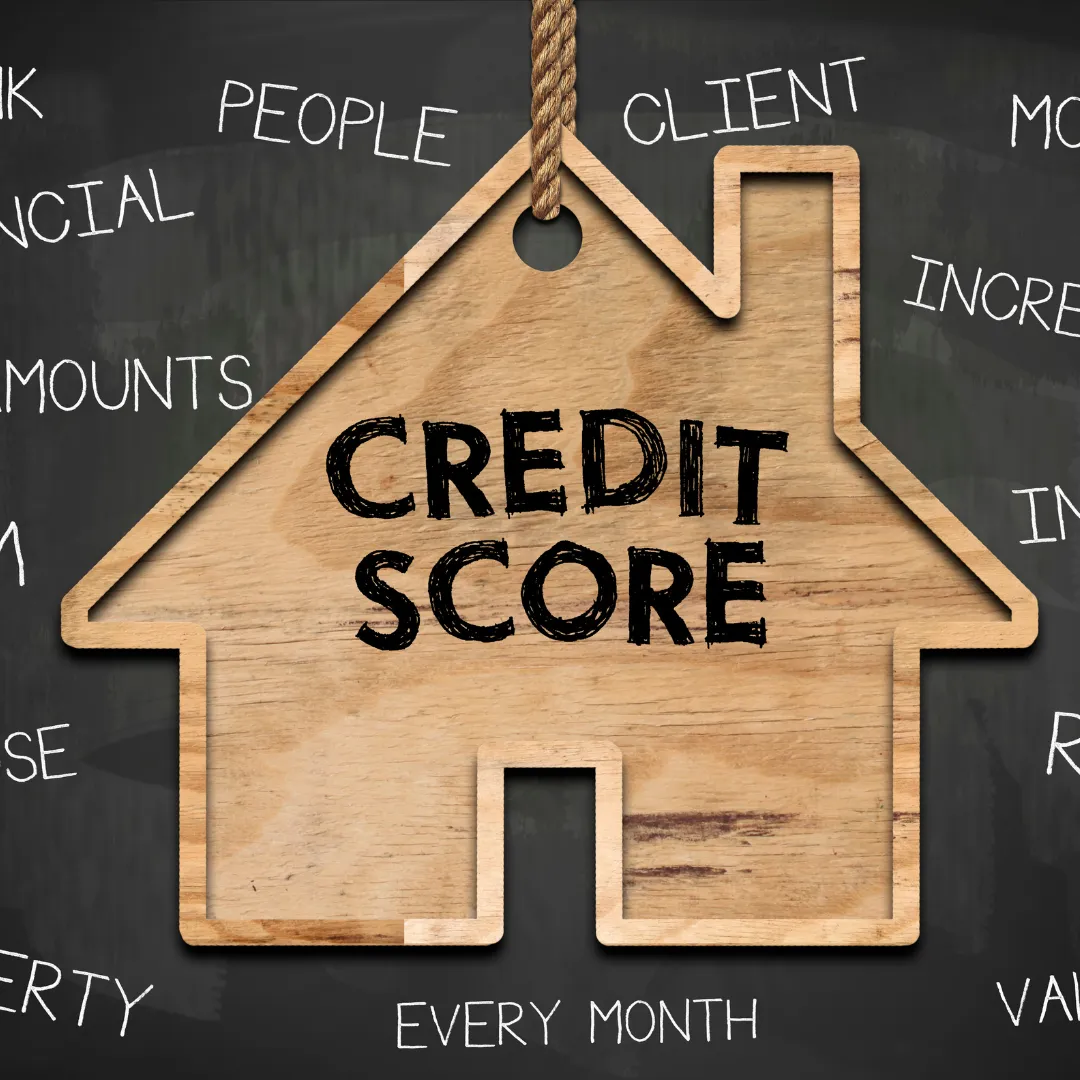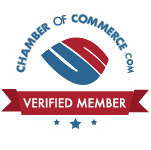Recent Articles

Understanding Credit Requirements for Mortgage Financing
Creditworthiness is a factor when it comes to applying for a mortgage loan. However, having a poor credit score does not necessarily mean that your dream of owning a home is out of reach. In this blog post, we will provide you with an overview of the credit requirements set by various loan programs and offer valuable insights into alternative financing options.

It is important to note that different loan programs have varying credit score requirements. For instance, conventional loans typically require a credit score of at least 620, while FHA loans may accept a score as low as 500. VA loans, on the other hand, do not have a minimum credit score requirement, but lenders may have their own standards.
If you have a low credit score, you may still be able to secure a mortgage loan through alternative financing options. For example, you could consider a lease-to-own agreement or a rent-to-own program. These options allow you to rent a property with the option to buy it at a later date, giving you time to improve your credit score and financial situation.
Creditworthiness is a factor when it comes to applying for a mortgage loan. However, there are various loan programs and alternative financing options available to help you achieve your dream of homeownership, even if you have a poor credit score.

Fannie Mae and Freddie Mac Guidelines:
Fannie Mae and Freddie Mac, two of the largest mortgage lenders in the United States, have set a minimum credit score requirement of 620 for borrowers. However, those who have filed for Chapter 13 bankruptcy must wait for a period of two years before they can apply for a loan. On the other hand, Chapter 7 bankruptcy requires a longer waiting period of four years. In the case of foreclosure, borrowers usually have to wait for seven years before they can apply for a loan, although there are exceptions for extenuating circumstances after three years. Finally, after a short sale or deed in lieu of foreclosure, borrowers must wait for a period of four years before they can apply for a loan.
It is important to note that these waiting periods are not set in stone and may vary depending on the lender and the borrower's individual circumstances. Therefore, it is always advisable to consult with a mortgage professional to determine the best course of action.
FHA Loan Requirements:
The Federal Housing Administration (FHA) provides a more flexible approach to credit requirements, making it easier for individuals to secure loans. While technically a minimum credit score of 500 is allowed, obtaining a loan with such a score can be challenging. However, with a score of 580 or higher, the chances of approval increase significantly.
For those who have filed for Chapter 13 bankruptcy, FHA financing is still an option, as long as they have made 12 payments. However, for those who have filed for Chapter 7 bankruptcy, there is a two-year waiting period after discharge before they can secure FHA financing.
In the case of foreclosures, there is a three-year waiting period, although there are exceptions for extenuating circumstances after one year. Similarly, short sales or deeds in lieu of foreclosure require a three-year waiting period.
It is important to note that while the FHA offers more lenient credit requirements, it is still essential to maintain a good credit score and financial history to increase the chances of loan approval. By working with a trusted lender and staying informed about the FHA's guidelines, individuals can take advantage of this flexible financing option.
VA Loan Requirements:
The VA has established a minimum credit score requirement of 550 for those seeking financing. However, those with a score of 600 or higher are more likely to receive better interest rates. It is important to note that individuals who have filed for Chapter 13 bankruptcy may still be eligible for VA financing after making 12 payments. On the other hand, those who have filed for Chapter 7 bankruptcy must wait for a period of two years after discharge before being considered for VA financing. In the case of foreclosures, there is also a two-year waiting period, although there may be exceptions for those who have experienced extenuating circumstances. Similarly, short sales or deeds in lieu of foreclosure require a two-year waiting period, but exceptions may be made based on extenuating circumstances. It is important to understand these requirements and waiting periods when considering VA financing options.
Alternative Financing Options:
If you find that traditional loan programs do not align with your current credit situation, there are alternative options available to you. These options include bank statement loans, no-income qualifier loans, private money lenders (also known as hard money loans), no ratio loans, debt service coverage loans, and bridge loans. It is important to note that each option has specific down payment requirements and interest rates, so it is important to explore them based on your unique circumstances.
Exploring alternative loan options can be a wise decision for those who may not meet the strict requirements of traditional loan programs. Bank statement loans, for example, allow borrowers to use their bank statements as proof of income instead of traditional pay stubs. No-income qualifier loans are designed for those who may not have a steady income but have significant assets. Private money lenders, or hard money loans, are typically used for short-term financing and have higher interest rates but can be approved quickly. No ratio loans do not require borrowers to disclose their debt-to-income ratio, making them a good option for those with high debt. Debt service coverage loans are designed for commercial properties and require the property's income to cover the loan payments. Finally, bridge loans are used to bridge the gap between the purchase of a new property and the sale of an existing property.
By exploring these alternative loan options, you can find a loan program that aligns with your unique financial situation. It is important to work with a reputable lender who can guide you through the process and help you make an informed decision.

Maintaining good credit is important for obtaining favorable mortgage terms. However, borrowers with less-than-perfect credit need not despair as there are various loan programs and alternative financing options available. By understanding the credit requirements of different loan programs and exploring alternative solutions, individuals can still pursue their dreams of homeownership.
It is important to note that interest rates are subject to change. Therefore, it is essential to stay informed and work with a trusted mortgage professional to navigate the financing process successfully. With the right guidance, borrowers can find the best loan program that suits their needs and financial situation.
In conclusion, having less-than-perfect credit does not mean that homeownership is out of reach. With the right approach and guidance, borrowers can still achieve their dream of owning a home.
About Us
Established in 2018. We have been helping customers afford the home of their dreams for many years and we love what we do.
Spot On Lending is an Equal Housing Opportunity Lender and complies with applicable laws and regulations.
Licensed and Serving Across 4 States:
California NMLS# 02066654 | 60DBO-154093 | Georgia & Texas NMLS#1767407 | Florida NMLS#MBR5826
Serving Across 4 States & Especially These Metro Areas:
California (Orange County, Laguna Beach)
Texas (Dallas Metro Area).
Florida (Tampa Bay Area)
Georgia (Atlanta Metro Area).
Contact Us
Main Office:
California Office:
Disclaimers
Resources

Spot On Lending (“Inc.”), is an Equal Housing Opportunity Lender.
By submitting your information above you agree to be contacted by our team via phone, SMS, or email. SMS message and data rates may apply. Message frequency varies. Reply to any message received with HELP for help or STOP to opt out. For help call us toll free: 1-844-545-1665..









